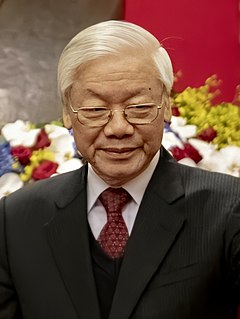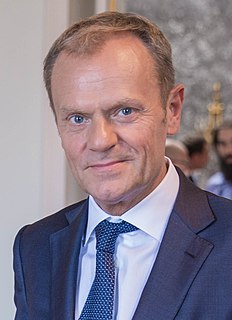A Quote by Peter L. Berger
Let me say again that the relationship is asymmetrical: there's no democracy without a market economy, but you can have a market economy without democracy.
Quote Topics
Related Quotes
What is it about a work of art, even when it is bought and sold in the market, that makes us distinguish it from . . . pure commodities? A work of art is a gift, not a commodity. . . works of art exist simultaneously in two “economies”, a market economy and a gift economy. Only one of these is essential, however: a work of art can survive without the market, but where there is no gift, there is no art.
I believe in market economics. But to paraphrase Churchill - who said this about democracy and political regimes - a market economy might be the worst economic regime available, apart from the alternatives. I believe that people react to incentives, that incentives matter, and that prices reflect the way things should be allocated. But I also believe that market economies sometimes have market failures, and when these occur, there's a role for prudential - not excessive - regulation of the financial system.
Neoliberalism is going to fail by being replaced. The system is entirely broken. Whenever you have a system that equates a market economy with a market society and claims that capitalism is democracy, you've not only got a massive lie being imposed on the people, but you've got the foundation for a form of authoritarianism and a much more intensive form of class warfare.




































